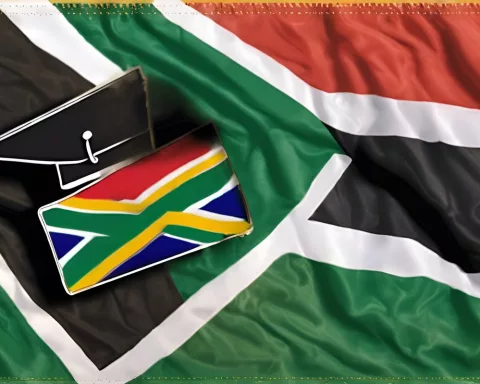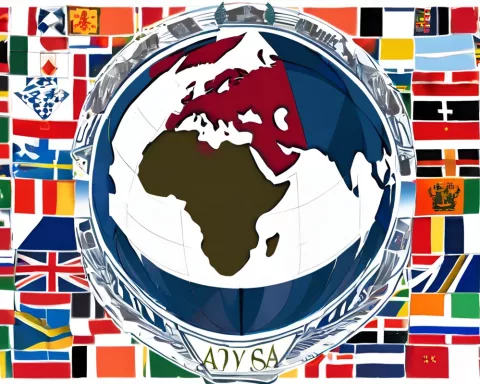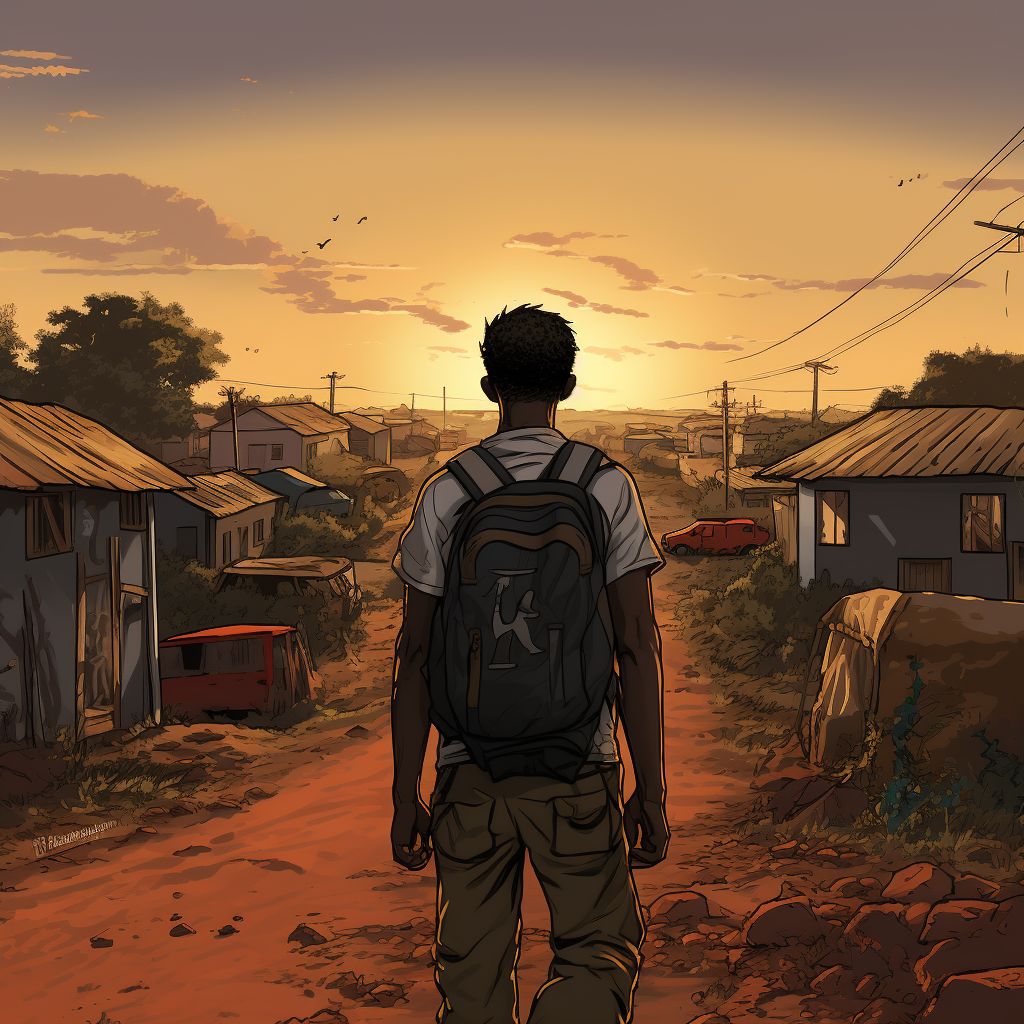The University of Fort Hare was established in 1916 and has since become a prominent center for higher learning in South Africa. It has produced notable alumni who have fought for justice and equality, such as Nelson Mandela, Oliver Tambo, and Robert Sobukwe. However, recent reports have revealed governance, administration, and leadership challenges that have put the university’s reputation at risk.
Upholding Core Principles of Good Governance
The Higher Education Act (1997), the White Paper on Higher Education Transformation (1997), and the National Plan for Post-Secondary Education (2019) have set out core principles of good governance in South African universities. These principles include equity and redress, efficiency and effectiveness, democratization, quality and impact, academic freedom, institutional autonomy, accountability, and transparency.
Challenges Faced by the University of Fort Hare
The University of Fort Hare has faced various allegations of unlawful cyber surveillance, corruption in admissions processes, declining research output, toxic campus environments, reputational damage, and imbalanced security spending. These concerns have been raised by different stakeholders, including the Audit Committee, the President of Convocation, and the National Tertiary Education Union (NTEU).
Restoring Confidence in the Institution
South Africa’s Minister of Higher Education, Science, and Innovation, Dr. Blade Nzimande, has called for impartial and competent investigations into the allegations. He emphasized the importance of transparency, inclusivity, and accountability in addressing corruption and malfeasance. He also urged the Council to balance good governance with protecting the university’s brand and reputation.
Embracing Good Governance for a Brighter Future
To ensure academic excellence and robust governance, students, faculty, staff, and administrators must work together to foster an inclusive, accountable, and democratic environment. The University of Fort Hare can continue its tradition of producing capable and visionary leaders by upholding the core principles of good governance.
The University of Fort Hare’s history is a testament to the resilience and strength of the human spirit. By courageously confronting the challenges it faces, the institution can emerge as a stronger and more resilient center of knowledge and empowerment. It is essential to honor the legacies of esteemed alumni by striving for academic excellence, robust governance, and institutional transparency.












